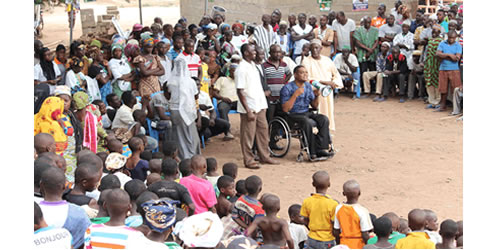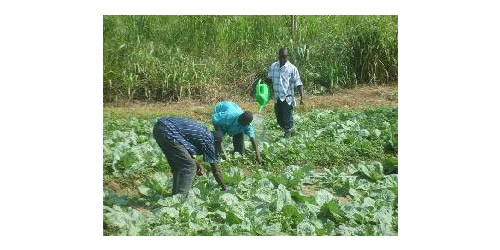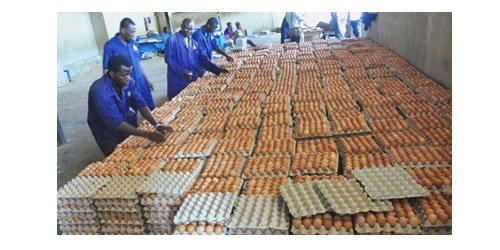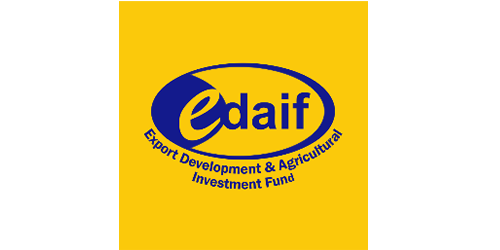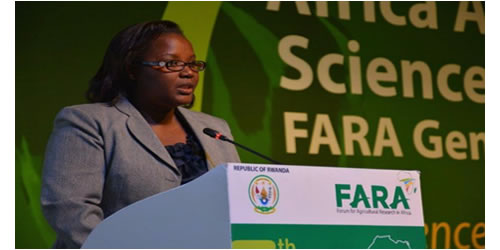Food insecurity looms in Ghana if… Agriculture expert
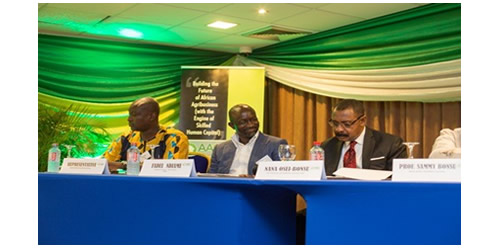
The Regional Director, West Africa AGRA, Fadel Ndiame, has predicted of food insecurity in Ghana if government fails to fully implement policies to boost agriculture production in the country.
Mr. Ndiame believes Ghana possesses adequate policies outlining the framework to develop the agricultural sector but fears more work has to be done with regards to enhancing private sector participation to improve food production.
He spoke to Citi News on the side of the launch of the Africa Agribusiness Network in Accra,
“Ghana has all the chances, you have the scientific knowledge, the technology is available in the country and in the region, there is a local demand for the produce, I think the next step is to make sure that we promote and facilitate this Public Private Partnership, so we have all the reason to believe that it can happen,” he stated.
Commenting on whether or not the country could meet the objectives of the Malabo Declaration, Mr. Ndiame impressed upon government to put in place systems to reduce the country’s increased imports.
“If your local production is more expensive, then you cannot be competitive in the market, so the key to that is to make sure that you create the condition; technology is available for farmers to have access to it, to have access to finance. If you have a surplus to be able to sell it either in the country or for exports; this is why what governments do is crucial,” he said.
Chartered by the African Union in 2014, the Malabo Declaration aims at ending hunger on the African continent and as well half the levels of post-harvest losses by 2025. Ghana, like other member states of the AU have commenced processes that will enable them meet the 2025 deadline.
Meanwhile Project Director of the Association of African Business Schools Agribusiness Consortium, Dinah Hanson has advocated new technologies to give value to agricultural produce and ensure increased access to funding by small holder farmers.
“We need to make sure that there are other things that are needed to be put in place like insurance, like irrigation, infrastructure development and so on because it is a whole system that needs to work to enable this happen,” she stated.
According to her, the overreliance on rain fed agriculture in Ghana has aggravated the challenges in securing funding for agriculture because of the high risks it poses to financial institutions.
“…If we are not able to guarantee your supply and be able to predict your quantities, we don’t have insurance in place for when the weather doesn’t come what do you do, is the farmer going to be covered because of the weather changes and we are not able to develop our irrigation, it will be very difficult to really be able to get that finance.”
By: citifmonline.com

